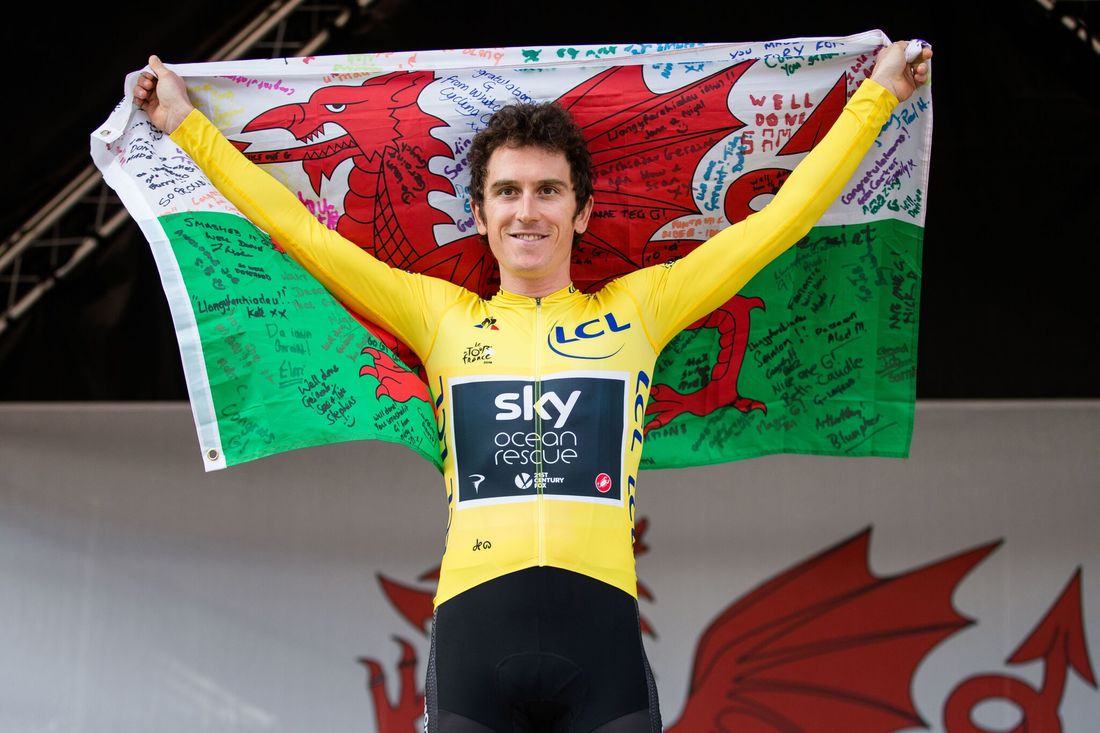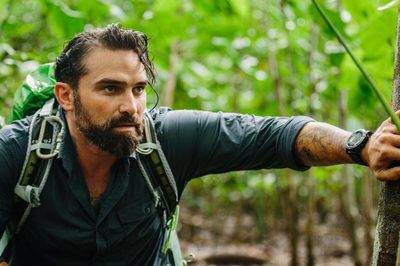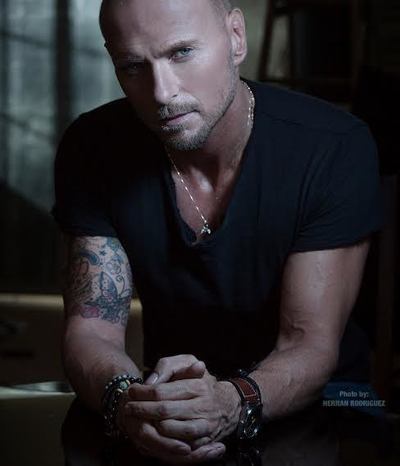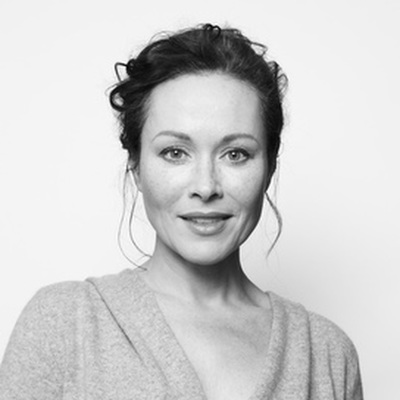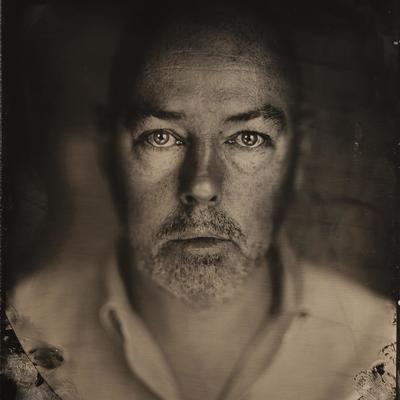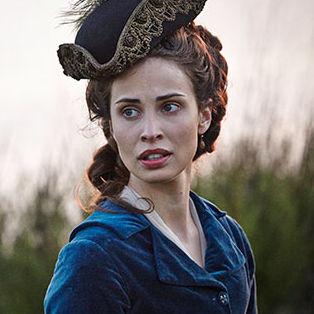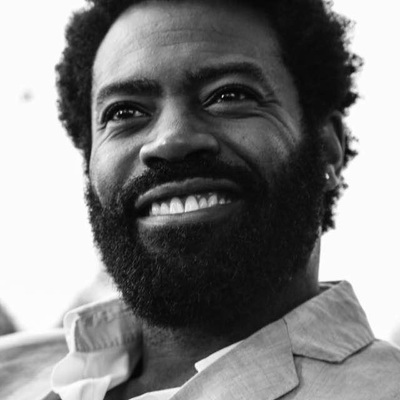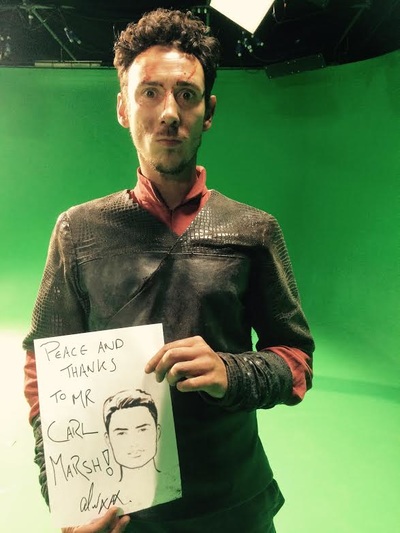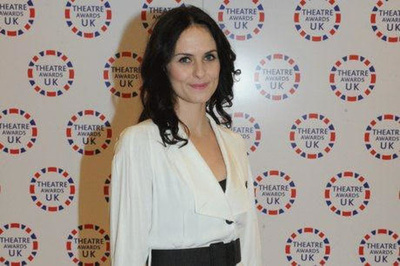Geraint Thomas
|
Buzz Magazine | December 2018 | Carl Marsh
|
|
When you were younger, did anyone ever tell you that you were wasting your time with cycling?
Generally, it was all down to the fact that not many people actually knew much about the sport and often asked me “why are you doing that type of thing?” So when I was winning a bit of money on the weekends by doing some local races, that helped with my own motivation by just winning. The main stress for me was after I shaved my legs for the first time and trying to have no-one find out about it!
That must have been hard to hide from your schoolmates?
I did games and P.E. with joggers on and managed to get away with it for most of the time. It all worked out fine in the end when some of my mates came down to [Cardiff cycling track] Maindy where they saw me riding. Obviously on the track, there was no brakes and only one gear, it was all a bit different anyway and it wasn’t at all geeky. But obviously now, it’s a completely different story.
What made you, as a kid, get so obsessed with cycling in the first place?
I was just going swimming down at Maindy Pool, saw an advert for Maindy Flyers Cycling Club that was just starting, and I went along. I then made some good friends, started winning some races and a little bit of money through that; I just enjoyed it, and it went from there.
Do you remember when you realised you could make a career out of cycling?
Probably when I won the Junior World’s, which was on the track in LA in 2004. It was then that I thought this was all I wanted to do; I didn’t want to go to university but still applied to go because my mum wanted me. I never really wanted to go.
Is there a part of you that regrets not going to university?
No, not at all – it would have been a case of just going for the sake of it. I went to school and I still had some good nights out and things, but I didn’t have a uni lifestyle obviously – I was pretty focused at things then as I was at the British Cycling Academy in Manchester [run by plain-speaking coaching legend Rod Ellingworth].
How long was it before you got injured for the first time?
Pretty much straight away – January 2005. It was in Australia. I had a crash and ruptured my spleen, then ended up having my spleen taken out. I was in intensive care, so yeah – it was pretty big and pretty scary, and obviously so soon as well for committing to try and be a pro cyclist. I had a lot of support around me, and not just my family – also the team at British Cycling who helped me get through it.
Your family and friends’ reaction to this injury must have been key, as you seem to have got the motivation to spur on from this?
Yeah, my mum, dad and brother were all flown out to me in Sydney to be with me. When I got out of intensive care, my dad and my brother had a bit of a free holiday out of it as well! [laughs] The flight over must have been pretty nervewracking for them but once they knew I was alright they quite enjoyed it I think.
Would you say you have changed much over the years since cycling professionally?
I don’t think I have, really – I’ve got the same attitude. I really love going back to Wales and Cardiff to see my mates that I grew up with. My family, my wife and her family keep me grounded as well.
Cycling attracted extra global notoriety after the Lance Armstrong scandal, and later became less popular after all the new doping scandals. How did that affect you mentally – you have all this going on around you, shedding a bad light on the cycling world, and often still does?
It is frustrating – but in my head I was just going to do everything the right way, as I was brought up, and with the mentality of British cycling. Certainly, being on the track during those years helped, and I just committed to that and do what I could do – take it as far as I can doing it the right way. The fact that Armstrong and all these other big names were being caught was just a sign that it was getting better, and they’re not brushing it under the carpet. No-one was immune to it and that was definitely a good thing – I feel like it is one of the cleanest sports because of that. That was the positive that I took from that. But for sure, it’s frustrating when it’s the one thing that people think of when they think of cycling. But that is just the way it is.
Generally, it was all down to the fact that not many people actually knew much about the sport and often asked me “why are you doing that type of thing?” So when I was winning a bit of money on the weekends by doing some local races, that helped with my own motivation by just winning. The main stress for me was after I shaved my legs for the first time and trying to have no-one find out about it!
That must have been hard to hide from your schoolmates?
I did games and P.E. with joggers on and managed to get away with it for most of the time. It all worked out fine in the end when some of my mates came down to [Cardiff cycling track] Maindy where they saw me riding. Obviously on the track, there was no brakes and only one gear, it was all a bit different anyway and it wasn’t at all geeky. But obviously now, it’s a completely different story.
What made you, as a kid, get so obsessed with cycling in the first place?
I was just going swimming down at Maindy Pool, saw an advert for Maindy Flyers Cycling Club that was just starting, and I went along. I then made some good friends, started winning some races and a little bit of money through that; I just enjoyed it, and it went from there.
Do you remember when you realised you could make a career out of cycling?
Probably when I won the Junior World’s, which was on the track in LA in 2004. It was then that I thought this was all I wanted to do; I didn’t want to go to university but still applied to go because my mum wanted me. I never really wanted to go.
Is there a part of you that regrets not going to university?
No, not at all – it would have been a case of just going for the sake of it. I went to school and I still had some good nights out and things, but I didn’t have a uni lifestyle obviously – I was pretty focused at things then as I was at the British Cycling Academy in Manchester [run by plain-speaking coaching legend Rod Ellingworth].
How long was it before you got injured for the first time?
Pretty much straight away – January 2005. It was in Australia. I had a crash and ruptured my spleen, then ended up having my spleen taken out. I was in intensive care, so yeah – it was pretty big and pretty scary, and obviously so soon as well for committing to try and be a pro cyclist. I had a lot of support around me, and not just my family – also the team at British Cycling who helped me get through it.
Your family and friends’ reaction to this injury must have been key, as you seem to have got the motivation to spur on from this?
Yeah, my mum, dad and brother were all flown out to me in Sydney to be with me. When I got out of intensive care, my dad and my brother had a bit of a free holiday out of it as well! [laughs] The flight over must have been pretty nervewracking for them but once they knew I was alright they quite enjoyed it I think.
Would you say you have changed much over the years since cycling professionally?
I don’t think I have, really – I’ve got the same attitude. I really love going back to Wales and Cardiff to see my mates that I grew up with. My family, my wife and her family keep me grounded as well.
Cycling attracted extra global notoriety after the Lance Armstrong scandal, and later became less popular after all the new doping scandals. How did that affect you mentally – you have all this going on around you, shedding a bad light on the cycling world, and often still does?
It is frustrating – but in my head I was just going to do everything the right way, as I was brought up, and with the mentality of British cycling. Certainly, being on the track during those years helped, and I just committed to that and do what I could do – take it as far as I can doing it the right way. The fact that Armstrong and all these other big names were being caught was just a sign that it was getting better, and they’re not brushing it under the carpet. No-one was immune to it and that was definitely a good thing – I feel like it is one of the cleanest sports because of that. That was the positive that I took from that. But for sure, it’s frustrating when it’s the one thing that people think of when they think of cycling. But that is just the way it is.
